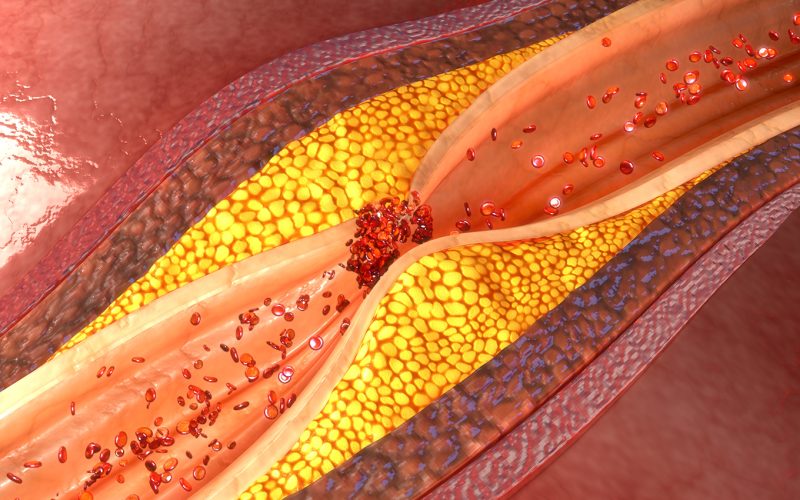The Heart Foundation has awarded a 6 million euro grant to a national consortium investigating differences in mechanisms of arterial calcification onset and progression. Gerard Pasterkamp, professor of Experimental Cardiology at UMC Utrecht, is leading the research in collaboration with three researchers from Rotterdam, Amsterdam and Nijmegen. The aim of the study is to translate knowledge into clinical practice. As a result, patients can be classified more accurately based on their risk of serious cardiovascular complications.
Arteriosclerosis is a major cause of various serious cardiovascular diseases, such as heart attack or stroke. It thus has a major impact on the cardiovascular disease burden. Even with the best available treatment, including medication and lifestyle modifications, patients remain at high risk of serious complications.
Patients with arteriosclerosis currently all receive the same treatment. But that may not be optimal because underlying causes of arteriosclerosis may be different. That’s why the consortium will research these differences. They will study variations in arterial calcification, develop diagnostic markers, investigate underlying mechanisms and develop personalized treatment options.
The research has three components:
The nature of atherosclerotic plaques varies widely among patients. Some plaques are stable and cause few problems. While others are fragile and can rupture easily, leading to acute events such as myocardial infarction. Therefore, researchers are going to map the different types of atherosclerotic plaques. They will look at how they are associated with clinical presentations and at the effectiveness of therapies.
Current diagnostic methods, such as angiography, provide limited information about the composition and stability of plaques. Therefore, researchers want to identify biomarkers in blood or develop new imaging techniques. These may make it possible to distinguish stable and unstable plaques.
Current treatments are often generic and do not take into account individual differences in plaque characteristics and underlying causes. Researchers will analyze how lipid metabolism, immune system, gut flora and genetic factors contribute to plaque formation and destabilization. In addition, the markers found will be validated in the clinic.
All 7 UMCs participate in this nationally supported study. The research leaders of the AtheroNeth consortium are Gerard Pasterkamp (UMC Utrecht), Menno de Winther (Amsterdam UMC), Jeanine Roeters van Lennep (Erasmus MC) and Niels Riksen (Radboudumc). The goal of the consortium is a translation of knowledge into clinical practice. In which patients can also be classified more accurately based on their risk of serious cardiovascular complications, leading to better prevention and more targeted interventions. Moreover, these developments contribute to lower healthcare costs, in part because fewer expensive treatments such as bypass surgery and stent placements will be required.
